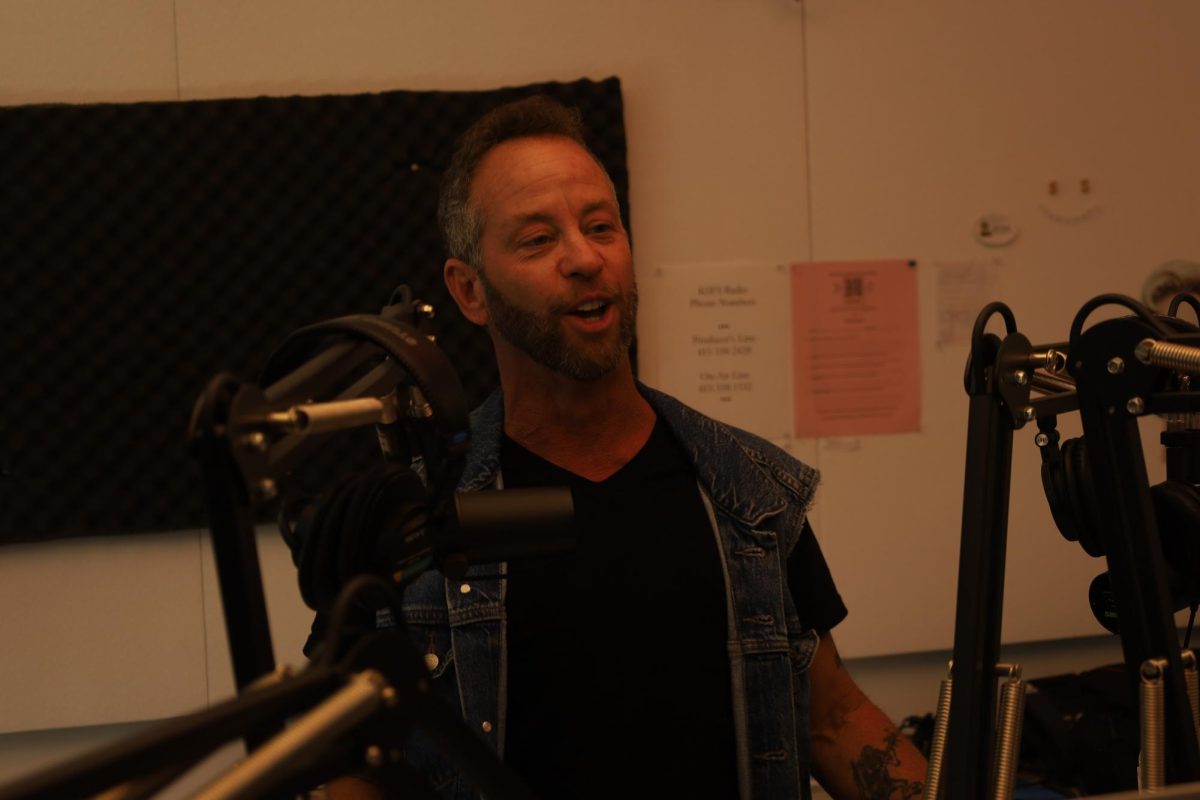Project Rebound, a program helping the formerly incarcerated obtain college degrees, will be expanding its program to 10 other California State Universities in Fall 2016 after over 20 years of providing services at SF State, according to Project Rebound Director Jason Bell.
Entering his final semester at SF State after four years in Project Rebound, Malcolm McKinney, 35, said he would not be the person he is today without the program.

“Before I joined this program, I was in a dark place with no idea what I wanted to do with my life,” McKinney said. “Project Rebound gave me a reason. That’s what it does — it provides you with a purpose in life.”
CSU Trustee J. Lawrence Norton and Chancellor Timothy White determined it was time to extend Project Rebound’s services to more universities in January 2009, according to Bell, who said SF State will serve as the lead agency and will oversee the program throughout its expansion.
“Project Rebound has helped hundreds of formerly incarcerated individuals to earn bachelor’s degrees and beyond,” Bell said. The program’s expansion plans to bring its model to other CSUs to help reduce criminal relapses and encourage the pursuit of higher education, according to Bell.
Pelican Bay Prison educator Margaret Johnson introduced McKinney to Project Rebound while he was serving a five-year prison sentence for selling narcotics, according to McKinney. He said he worked for Johnson while he was incarcerated and helped other inmates work toward their GED certificates.
“I was honestly just trying to pay my bills, put food on the table and ended up in a bad situation,” McKinney said. “Not all people who go to prison are bad people, and Project Rebound gave me the opportunity to prove that.”
McKinney said he chose to major in business management because he views everything in life as a business transaction and wanted to understand how the economy operated so that he could learn to control it and never be taken advantage of.

“I’m a better person now — I’m calmer, wiser, and I know what I want out of life,” McKinney said. “Before I came here, I didn’t really know what I wanted to be. I’m proud of myself. I’m about to graduate, and I actually have something to live for because of this program.”
According to Project Rebound Office Coordinator Joseph Miles, only 15 to 20 percent of incarcerated individuals in California are located in the Bay Area, while the other 80 to 85 percent are located in Southern California. He said Project Rebound’s goal is to reach more universities in Southern California through the expansion, set to take place in 2016.
“This program helps fill a void and builds a bridge to a better and successful life,” Miles said. “This isn’t just a program, it’s an extensive family.”
Project Rebound Director Jason Bell said he has maintained long-term relationships with the CSUs over the last few years. The expansion is moving rapidly, as the participating CSUs are on the verge of hiring staff, according to Miles. He called the program a “recipe for success,” with many graduates receiving some of the top honors in the state.
“For those who are currently incarcerated and thinking about being a part of Project Rebound, I would tell them to think about their life and the situation they are in now, and then think how Project Rebound can help get them to where they want to go in life,” McKinney said. “It gives them the opportunity to go to college and be educated. It gives them the opportunity to think better so that they can do better.”





